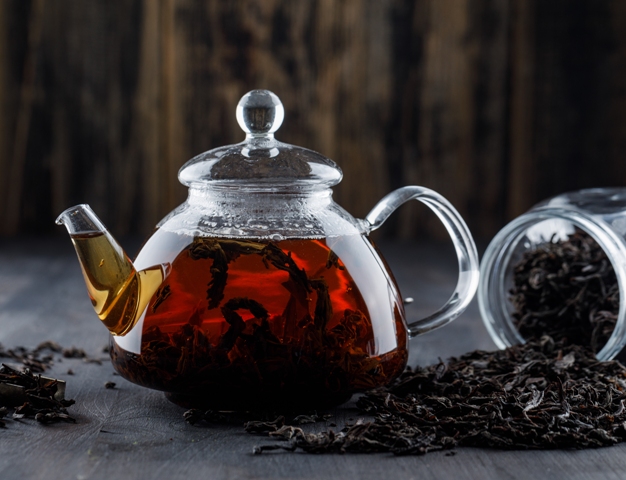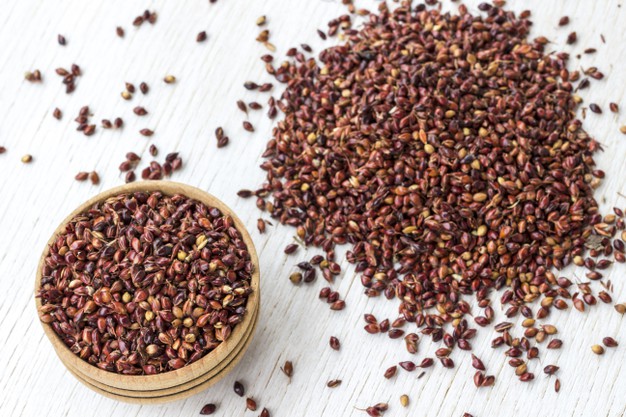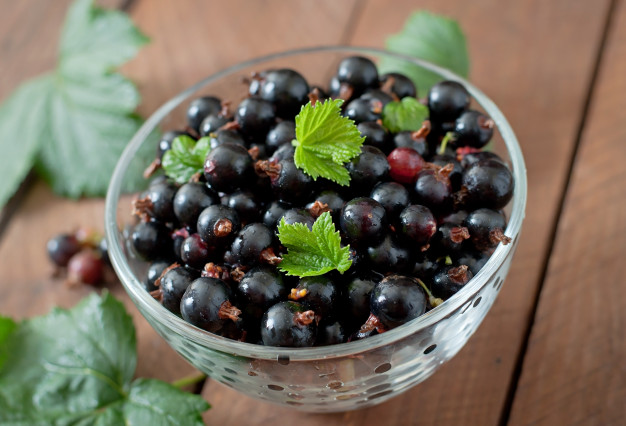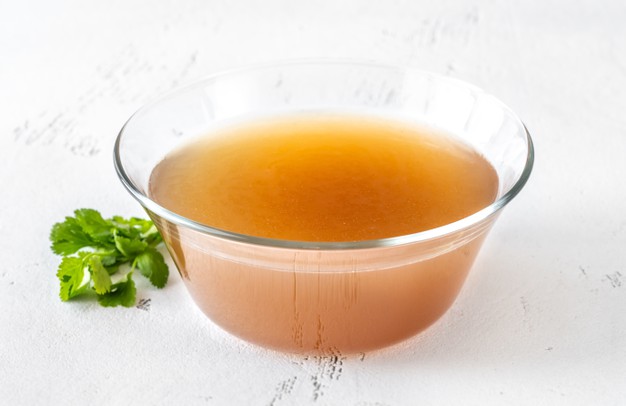Black tea is a very popular and healthy beverage consumed by a wide range of people worldwide. It is obtained from Camellia sinensis plant. It is packed with various micronutrients as well as phytonutrients and contains relatively more caffeine than any other teas. It offers numerous health benefits as well.
Biological activity
Antioxidant activity
- It is loaded with antioxidants that help in protecting the body from oxidative damages
- Its polyphenolic components are mainly responsible for exerting antioxidant activity
- It helps to neutralize free radicals in body, which ultimately helps in decreasing the prevalence of oxidative stress as a result reduces the susceptibility of becoming ill
Anti-inflammatory activity
It exhibits potent anti-inflammatory activity that plays vital role in preventing inflammation by reducing the concentration of inflammatory mediators in body
Anti-carcinogenic activity
- It is very effective for reducing the prevalence of cancers and all the credit goes to its anti-carcinogenic property
- It mainly decreases the prevalence of breast cancer
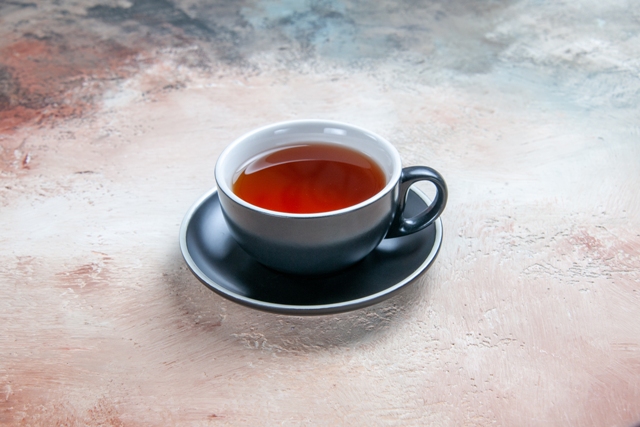
Antimicrobial activity
It helps in hindering the growth of microbes within host as a result decreases the susceptibility of developing infectious diseases

Hypolipidemic activity
It helps in decreasing the concentration of LDL, VLDL and triglyceride in body whereas helps in improving HDL level, which ultimately provides a positive impact on health
Health benefits
Role on immunity
- It plays vital role in improving the immunological responses of the body
- It has seen that consumption of black tea significantly reduces the risk of developing infectious diseases as it has the ability to fight against microbes and germs
- L-theanine is considered as one of the most important substance of black tea that helps in boosting up the overall immunity of the body whereas it is also associated with stimulating the production of gamma-delta T cells, which are responsible for forming the first line defense as a result helps to protect the body against diseases
Role on digestive health
- Consumption of black tea is very much helpful for a healthy digestive system as it helps in cleaning the digestive tract by removing impurities and waste as a result ensures a good intestinal health
- Its tannin content is also associated with relaxing the digestive tract and plays vital role in preventing various gastric and intestinal adverse effects
- It helps in promoting regularity thus individual suffer from constipation can try black tea for improving the symptoms
- It is also associated with preventing diarrhoea

Role on oral health
- Consumption of black tea is really very beneficial for promoting oral health
- It has antimicrobial activity (mentioned above), which helps to hinder the growth of those microbes, which are responsible for oral infections thus its consumption is thought to be very effective for improving oral hygiene
- It also helps to prevent badmouth odour
- Polyphenols present in black tea helps in preventing dental plaque formation, which ultimately lowers the susceptibility of tooth decaying
- It is related with reducing the prevalence of cavities as well
Role on skeletal health
- It can be consumed for strengthening the skeletal system as it helps in improving bone mass and bone mineral density. It also helps in reducing the susceptibility of bone thinning, which ultimately reduces the prevalence of fractures
- It helps to reduce the possibilities of arthritis as well
- It also helps in improving the symptoms of osteoporosis
Role on mental health
- Black tea is considered as an important therapeutic substance that helps to give a boost to the mental health
- It acts as an important stress buster and helps in decreasing stress. Basically it helps in reducing the level of cortisol hormone (stress hormone) in body, which subsequently reduces the stress level
- It helps to prevent anxiety as well
- It is also associated with improving mood

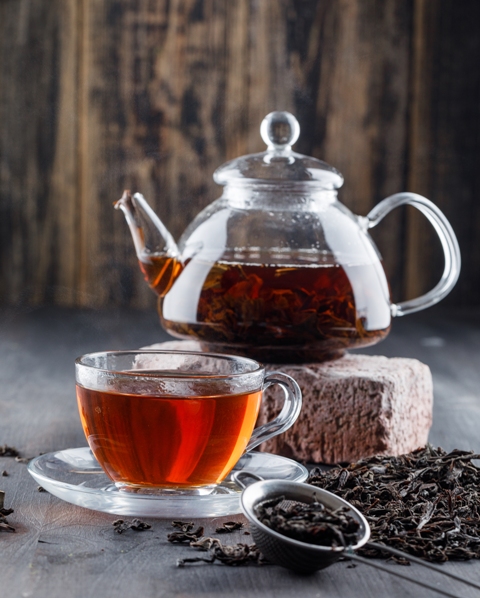
Role on improving focus
- Consumption of black tea is extremely effective for improving focus as well as alertness
- It contains significant amount of caffeine and L-theanine (an amino acid), which play vital role in increasing the alpha activity of brain that provides a positive impact on focus and alertness
Role on skin
- It has been used for centuries for various beauty purposes as it contains various imperative nutrients that help in nourishing the skin
- Antioxidant present in black tea helps to protect the skin from free radical induced oxidative damages, which ultimately reduces the risk of developing dermal disorders
- Its Vitamin C content helps in promoting the synthesis of collagen that helps in improving skin elasticity
- Vitamin E of black tea also acts as antioxidant and helps in preventing premature aging
- Vitamin B12 is another important micronutrient found in black tea that helps in preventing dryness of the skin
- It helps to improve the symptoms of acne
- It is also related with preventing wrinkles
- It helps to preventing pigmentation as well
- It acts as an important sun blocker that plays vital role in protecting the skin from the harmful effects of UV radiation
- It helps to improve skin tone as well
- It is also related with decreasing the susceptibility of developing dermal infections and all the credit goes to its antimicrobial activity
- Moreover, individual who want to obtain a healthy and supple skin should try black tea once in a day

Role on hair
- Its consumption is very useful for improving overall hair health
- It contains adequate amount of antioxidant as well as caffeine, both of which play vital role in promoting the growth and development of hair
- Caffeine present in black tea helps in regulating the synthesis and activity of dihydrotestosterone (a hormone that exert potent androgenic activity), which ultimately lowers the prevalence of alopecia or hair loss
- It is also associated with improving hair thickness
- It helps to keep the hair black in colour and helps in preventing the prevalence of premature graying of hair
- It helps to add shine to hair as well
Therapeutic uses
It has been extensively used for various therapeutic purposes, which include –
- It is widely used for preventing general weakness and fatigue as it helps in boosting up the energy level of the body
- It plays vital role in refreshing the body as well as the mind
- It is an important non-sweetened beverage thus it can be easily included in the diet of a diabetic patient without the fear of increasing blood sugar load. It is also associated with increasing insulin sensitivity that helps in stabilizing blood sugar level. Its polyphenolic components especially epigallocatechin gallate plays imperative role in decreasing blood sugar level
- It is also very effective for promoting cardiac health. It contains various important cardio friendly nutrients that help to boost up cardiac activity
- Flavonoids present in black tea also play vital role in reducing the risk of developing cardiovascular diseases
- Its cholesterol lowering activity is also accountable for lowering the susceptibility of atherosclerosis, which is considered as one of the most important leading causes of cardiovascular diseases
- It helps to prevent hypertension as well
- It also helps in reducing the prevalence of strokes and heart attacks
- It helps in weight management and facilitates weight reduction
- It helps in promoting hepatic health as well thus helps in ensuring healthy metabolism
- It is also associated with reducing the risk of developing kidney stones

Risk factors
Its over consumption may develop various health hazards like faster breathing, sleeping problem, tremors, nausea, vomiting etc thus it is better to consume it in moderation
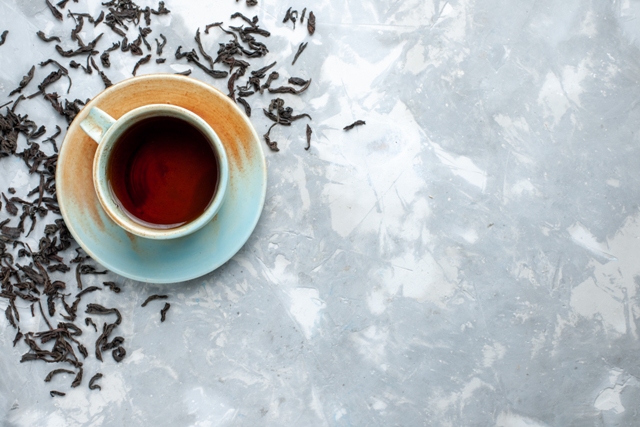

Source:
da Silva Pinto, M., 2013. Tea: A new perspective on health benefits. Food research international, 53(2), pp.558-567.
Gardner, E.J., Ruxton, C.H.S. and Leeds, A.R., 2007. Black tea–helpful or harmful? A review of the evidence. European journal of clinical nutrition, 61(1), pp.3-18.
Kodagoda, K.H.G.K. and Wickramasinghe, I., 2017. Health benefits of green and black Tea: A Review. International Journal of Advanced Engineering Research and Science, 4(7), p.237217.
Ruxton, C.H.S., 2008. Black tea and health. Nutrition Bulletin, 33(2), pp.91-101.
Sen, G. and Bera, B., 2013. Mini review black tea as a part of daily diet: a boon for healthy living. International Journal of Tea Science, 9(2-3), pp.51-59.
